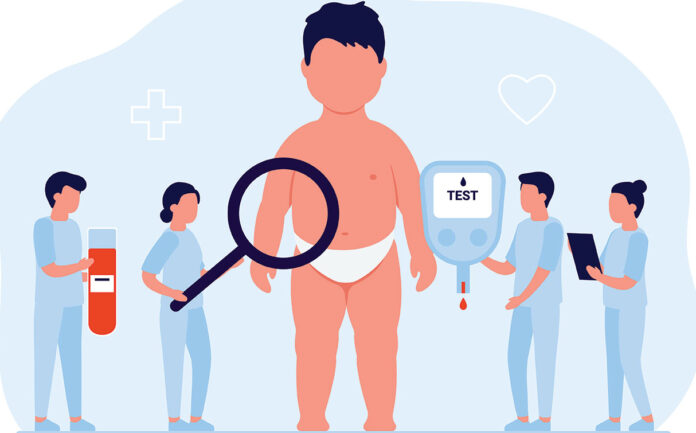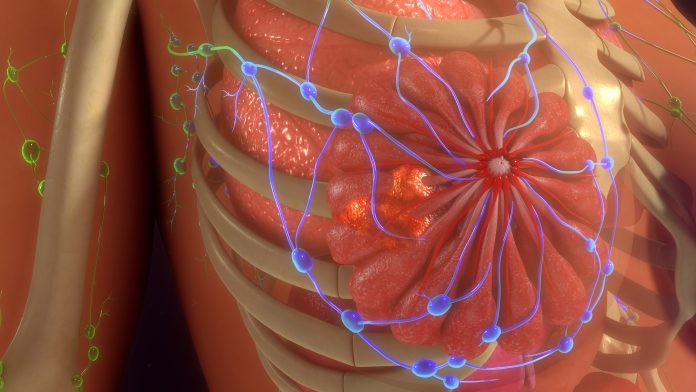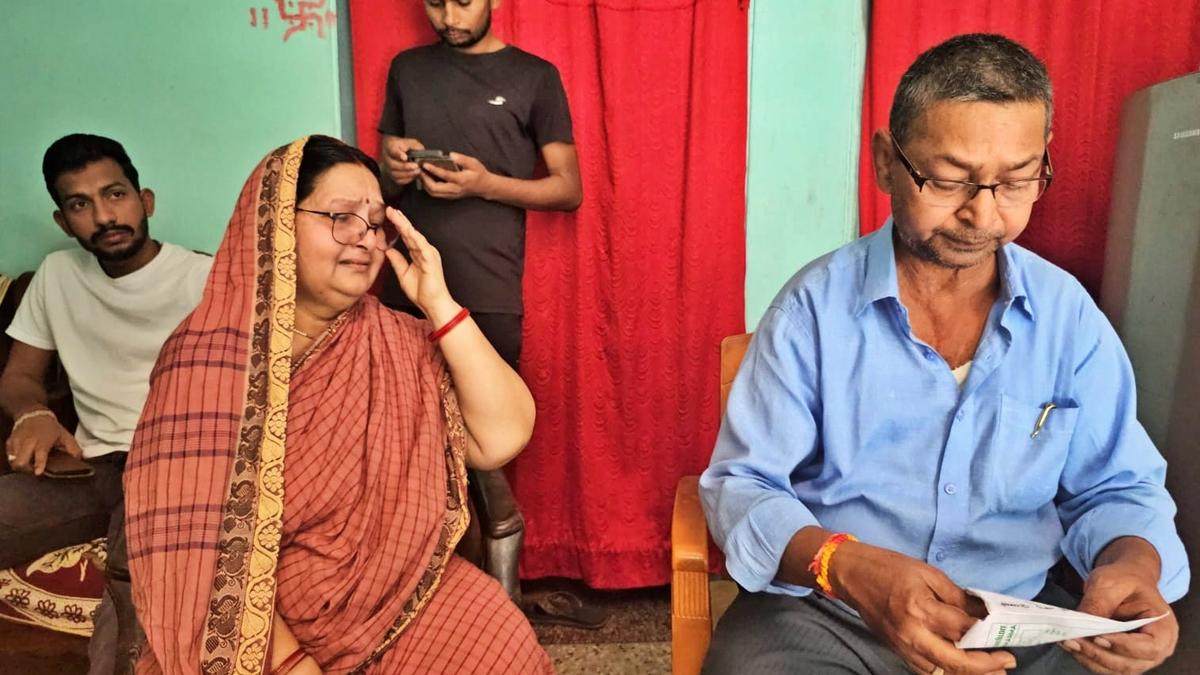
The obesity drug liraglutide (Novo’s Saxenda) is safe and effective in children aged 6 to 12 years, according to results of the SCALE Kids trial. The results were presented at the annual meeting of the European Association for the Study of Diabetes (EASD) in Madrid this week. The study was simultaneously published in the New England Journal of Medicine. No medications are currently approved for the treatment of obesity of non genetic origin in children younger than 12.
According to the World Health Organization, in 2022, 37 million children under the age of five were overweight and over 390 million children and adolescents aged 5–19 years were overweight, including 160 million who were living with obesity.
In this study, children aged six to less than 12 years who took liraglutide for just over a year showed a reduction in BMI of 7.4% compared to placebo and experienced improvements in blood pressure and blood sugar control.
Liraglutide has been shown to induce weight loss in adults and adolescents with obesity, it has not been well studied yet in children. The SCALE Kids trial is reportedly the first study to examine the safety and efficacy of liraglutide in the pediatric population
Fox said, “Obesity is the most common chronic disease of childhood. Left untreated, obesity in childhood almost universally persists into adulthood and is associated with significant ill health, including diabetes and cardiovascular disease, and for some, premature death.
“However, effective treatment options to date are limited. The backbone of obesity treatment is lifestyle therapy—changes in diet and physical activity—but when used alone, the effect is modest and, as yet, no medication is approved for the treatment of general obesity in children who are younger than 12,” said Fox.
Liraglutide is a glucagon-like peptide-1 (GLP-1) receptor agonist. It mimics the action of a hormone called GLP-1 to reduce appetite and feelings of hunger, slow the release of food from the stomach and increase feelings of fullness after eating and is given daily, as an injection.
The phase III study involved 82 children (53.7% male) aged 6 to
56 children received daily injections of liraglutide (3mg or maximum tolerated dose) and 26 received weekly injections of placebo for 56 weeks. All of the participants received individualized counseling at every visit to encourage adherence to a healthy diet and regular physical activity (with the aim of doing 60 minutes a day of moderate to high intensity exercise).
At the end of the treatment period, the mean change in BMI was −5.8% for liraglutide and +1.6% for placebo—a difference of 7.4%. Mean change in body weight was +1.6% for liraglutide and +10% for placebo—a difference of 8.4%.A reduction in BMI of at least 5% was observed in 46.2% of children receiving liraglutide and 8.7% receiving placebo.
Side-effects were common in both groups (89.3% of liraglutide recipients and 88.5% of placebo recipients). Gastrointestinal side effects (e.g. nausea, vomiting, diarrhea) were the most common and occurred in 80.4% of children receiving liraglutide and 53.8% receiving placebo.
“To date, children have had virtually no options for treating obesity. They have been told to ‘try harder’ with diet and exercise,” said Fox.










![Best Weight Loss Supplements [2022-23] New Reports!](https://technologytangle.com/wp-content/uploads/2022/12/p1-1170962-1670840878.png)




